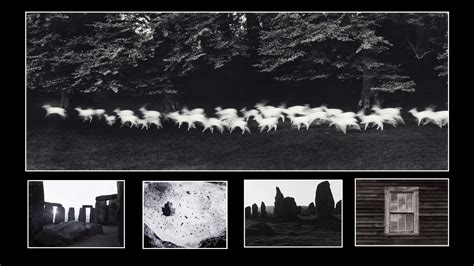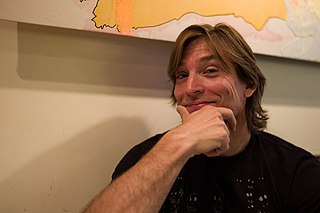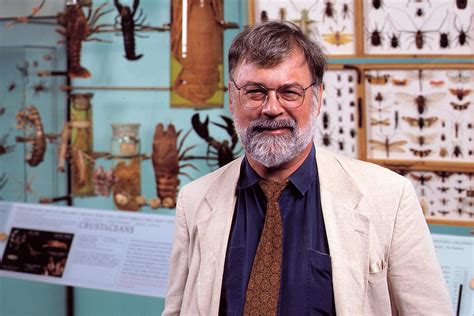A Quote by Friedrich Nietzsche
I know no other way to associate with great tasks than as play: as a sign of greatness, this is an essential presupposition.
Related Quotes
Success is in the student, not in the university; greatness is in the individual, not in the library; power is in the man, not in his crutches. A great man will make opportunities, even out of the commonest and meanest situations. If a man is not superior to his education, is not larger than his crutches or his helps, if he is not greater than the means of his culture, which are but the sign-boards pointing the way to success, he will never reach greatness. Not learning, not culture alone, not helps and opportunities, but personal power and sterling integrity, make a man great.
Could you not give me some sign, or tell me something about you that never changes, or some other way to know you, or thing to know you by?" — "No, Curdie: that would be to keep you from knowing me. You must know me in quite another way from that. It would not be the least use to you or me either if I were to make you know me in that way. It would be but to know the sign of me — not to know me myself.
Man is so great that his greatness appears even in the consciousness of his misery. A tree does not know itself to be miserable. It is true that it is misery indeed to know one's self to be miserable; but then it is greatness also. In this way, all man's miseries go to prove his greatness. They are the miseries of a mighty potentate, of a dethroned monarch.
The only way a work of art can become great is for one to acknowledge that it doesn't belong to anybody. The greatness is in constantly giving back, coming to an acknowledgment of the source. Look back to the source of any individual, any process, any set of materials. If the individual personality can relinquish its insistence on concepts like this is mine, I did it, this is original, nobody else has done it, it goes straight for greatness or the essential spirit.
One measure of the greatness of a work is that the characters who play roles in the narrative feel its essential truth. As someone who is proud to have been there during much of the action David Sepkoski describes, I give his description and analysis of the history of paleobiology a five-star rating; to my mind, this actually was the way it was.
Let us remember, too, that greatness is not always a matter of the scale of one’s life, but of the quality of one’s life. True greatness is not always tied to the scope of our tasks, but to the quality of how we carry out our tasks whatever they are. In that attitude, let us give our time, ourselves, and our talents to the things that really matter now, things which will still matter a thousand years from now.
A man that loves to be peevish and paramount, and to play the sovereign at every turn, does but blast the blessings of life, and swagger away his own enjoyments; and not to enlarge upon not folly, not to mention the injustice of such a behavior, it is always the sign of a little, unbenevolent temper. It is disease and discredit all over, and there is no more greatness in it, than in the swelling of a dropsy.






































